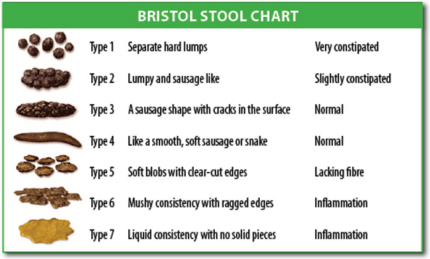Every winter I make my way to the sauna and I would go everyday if my schedule allowed! For me, it started with the desire to be warm to the core and sweat during a season where it didn’t matter how many layers I worked out in, there was not a bead of sweat. While the sauna certainly helped me warm up, and allowed me to sweat, I started to realize there was more to it than that. There is valid research on the health benefits of the sauna, thermogenesis, activation of heat shock proteins, etc, but I just want to keep this simple. After all, if you’ve never been to an infrared sauna, you are problem wondering whether it’s worth the time and effort. I’m here to tell you that if I had one therapy in my office that wasn’t delivered by a person, an infrared sauna would be it.
Here we go…
- Detoxification– Sweating is one of the body’s ways to detoxify through the largest organ: the skin. When I am working with patients that have chronic diseases, there is always a need to provide detoxification support. Heavy metals, pesticides, endocrine disruptors…they can all keep you from healing. Sweat it out!
- Cardiovascular health– Cardiovascular events kill more people than any other disease. It’s a real thing. Just like exercise gets your blood pumping, so does heat. That means you get some of the same exact cardiovascular benefits from using an infrared sauna as you do hitting the gym! That also means it’s a great way to continue “training” when you have an injury that keeps you from pushing your limits. It has been shown to dramatically reduce the incidence of cardiovascular events in men due to having positive effects on blood pressure and vessel pliability. The more the men used the sauna, the greater they reduced their risk in a Finnish study that has been following people over the course of a lifetime to study impacts of sauna use. They aren’t quite sure yet, but it appears that 20 minutes or more is the magic threshold.
- Energy-It’s no surprise that getting your blood pumping to tissues like your muscles and brain make you feel more alive, alert, and energetic. When I leave the sauna, I can honestly say I feel rejuvenated! I’m starting to sound like an infomercial, but this is the real deal.
- Weight management– Ok, I have never used the sauna for weight management, but there are a few reasons why saunas help do this: metabolic expenditure, increased growth hormone, increased nutrients to organs that regulate metabolism like the thyroid, and increased mitochondrial activity. Let’s call it the lazy man’s weight loss program not just because of lost water, but because of the cellular influence and hormonal impacts.
- Sleep– I have always been a deep sleeper, but I have many patients that struggle with sleep. There are tons of things that impact someone’s sleep quality, but drastic changes in body temperature is one that has an amazingly positive impact. Exercise can do the same thing. Think about a hard day’s work of manual labor, or how wiped out the kids are after a day in the sun, or how sound you sleep on the days you do heavy lifting. Outside temperature or physical activity have an influence on core body temperature that helps you fall deeper into restorative sleep.











